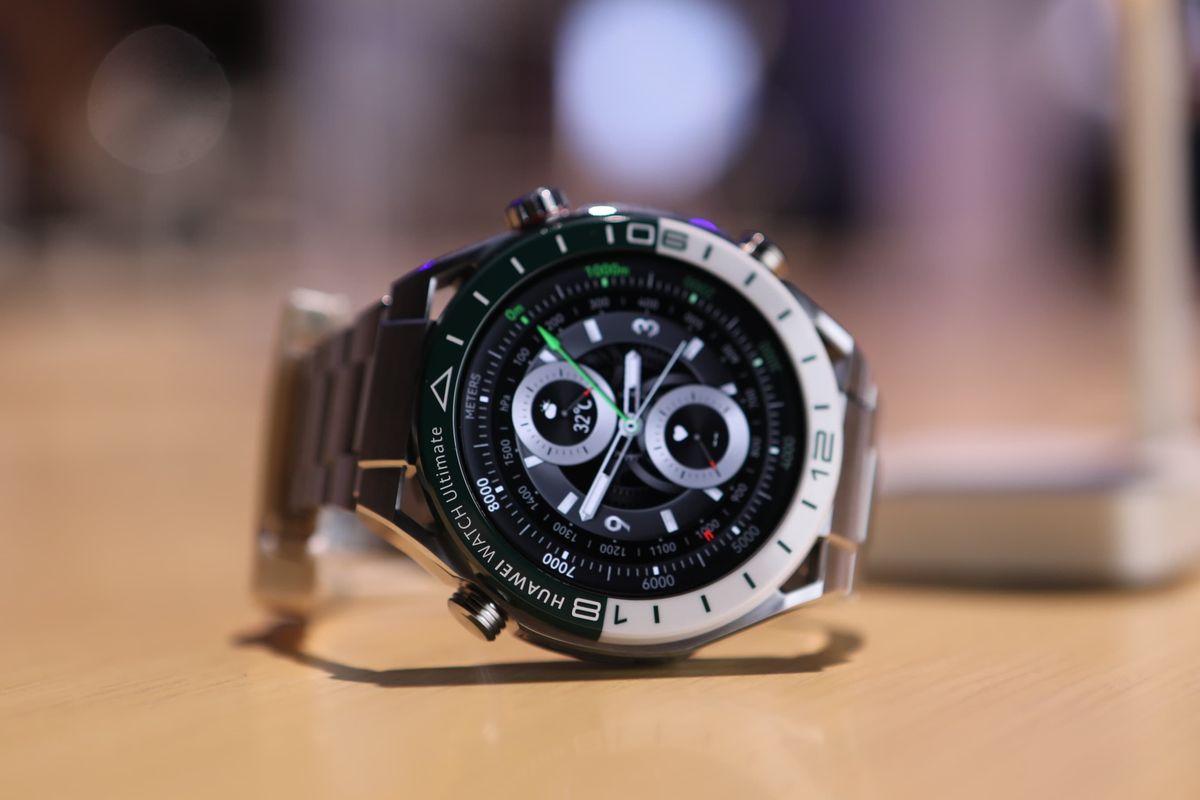What is Wearable Technology?
Wearable technology refers to electronic devices designed to be worn on the body, often offering functionalities like health tracking, fitness monitoring, and communication. These devices seamlessly integrate into daily life, providing users with real-time data and enhanced convenience. Wearables can track everything from heart rate to physical activity, making them popular among fitness enthusiasts, healthcare providers, and tech-savvy individuals.
Types of Wearable Technology
There are several types of wearable technology, each serving different needs and offering various features. Let’s take a closer look at some of the most popular types:
1. Smartwatches
Smartwatches are one of the most well-known types of wearable technology. These devices combine the functionality of a traditional watch with advanced features like fitness tracking, notifications, and even the ability to make calls. Popular models include the Apple Watch and Samsung Galaxy Watch, which are designed for both fitness and productivity.
2. Fitness Trackers
Fitness trackers, such as Fitbit and Garmin, are designed specifically to monitor physical activity. These devices can track steps, calories burned, sleep patterns, and heart rate, helping users stay motivated and improve their health. Fitness trackers are perfect for those who focus primarily on health and fitness.
3. Smart Glasses
Smart glasses, like Google Glass and Amazon Echo Frames, provide users with an augmented reality (AR) experience. They allow users to access information and notifications hands-free, making them useful for people on the go or for specific industries like healthcare or logistics.
4. Wearable Medical Devices
Wearable medical devices are used to monitor health conditions. These include devices like insulin pumps, continuous glucose monitors (CGMs), and heart monitors. They help individuals with chronic conditions stay on top of their health and provide doctors with real-time data to adjust treatments.
The Benefits of Wearable Technology
The integration of wearable technology into daily life provides a wide range of benefits:
- Health Monitoring: Wearables like fitness trackers and medical devices enable users to track their health metrics and make informed decisions about their well-being.
- Convenience: Devices like smartwatches allow for hands-free communication and quick access to notifications, making daily tasks easier and more efficient.
- Enhanced Performance: Fitness enthusiasts and athletes use wearables to track performance, set goals, and monitor improvements.
Conclusion
Wearable technology continues to evolve, offering more advanced features and helping users improve their health, fitness, and overall lifestyle. Whether you’re looking to track your steps, monitor your heart rate, or experience augmented reality, there’s a wearable device out there for you.

